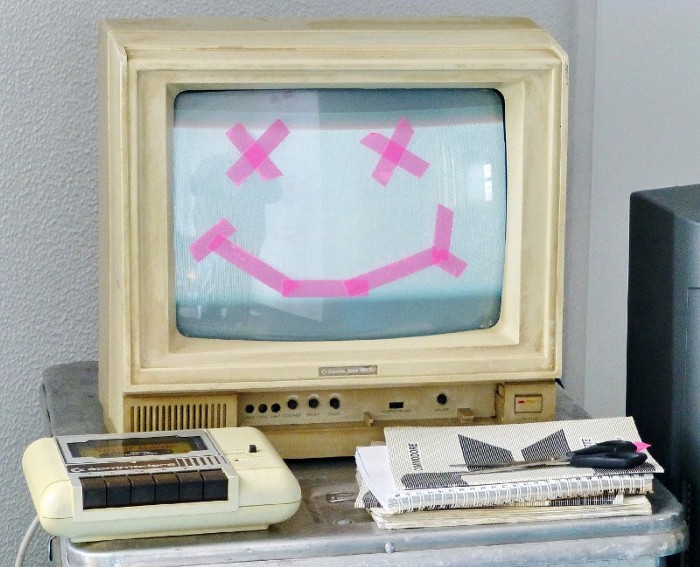↑ Connection
We’re touching our smartphones more than ever. And it’s changing the ancient connection between the body and the brain.

The smartphone is giving your thumb superpowers!” – Science Daily
Arko Ghosh smiles when I tell him that the internet has given his research on how our fingers interact with our smartphones an Avengers-like spin. Ghosh, an Indian-origin neuroscientist at Leiden University, has been fascinated by how the human brain enables such a wide range of behaviours – from juggling to smartphone tapping.
“There’s still a big gap in our understanding of how our behaviour in the real world shapes our brain,” Ghosh tells me. To fill some of that gap, he has been mapping what happens inside our brain when we touch our smartphones.
“The smartphone contains a large repository of our experiences,” he explains. Analysing our interactions with these digital extensions of ourselves is a great way to learn about brain plasticity – the brain’s remarkable ability to modify itself based on the demands of day-to-day life.
Five years ago, Ghosh’s team made a striking breakthrough. They found that when we touch our phone screen with our thumbs, the brain region associated with the tip of the thumb shows markedly enhanced activity compared with the same region in the brain of a non-smartphone user.
For ease of understanding, imagine that when you swipe, tap or pinch your smartphone screen using your thumb, the area of your brain associated with the tip of the thumb lights up a lot more prominently than if you were using a dumbphone. If your thumb were a person, it’d seem that the smartphone has made it a lot more assertive (cue: “superpowers!”).
At the time the research was published, Ghosh said he was "really surprised by the scale of the changes [in the thumb-brain connection] introduced by the use of smartphones". To be sure, we’ve long known about brain plasticity in skilled video gamers or violinists, who master their craft by touching the same thing thousands of times. But we now know that even ordinary, everyday touches can profoundly shape our neurobiology.
In lay terms: our intimacy with the smartphone touchscreen, a piece of technology that didn’t even exist a little over a decade ago, isn’t just altering our memory, cognition, and social interactions.